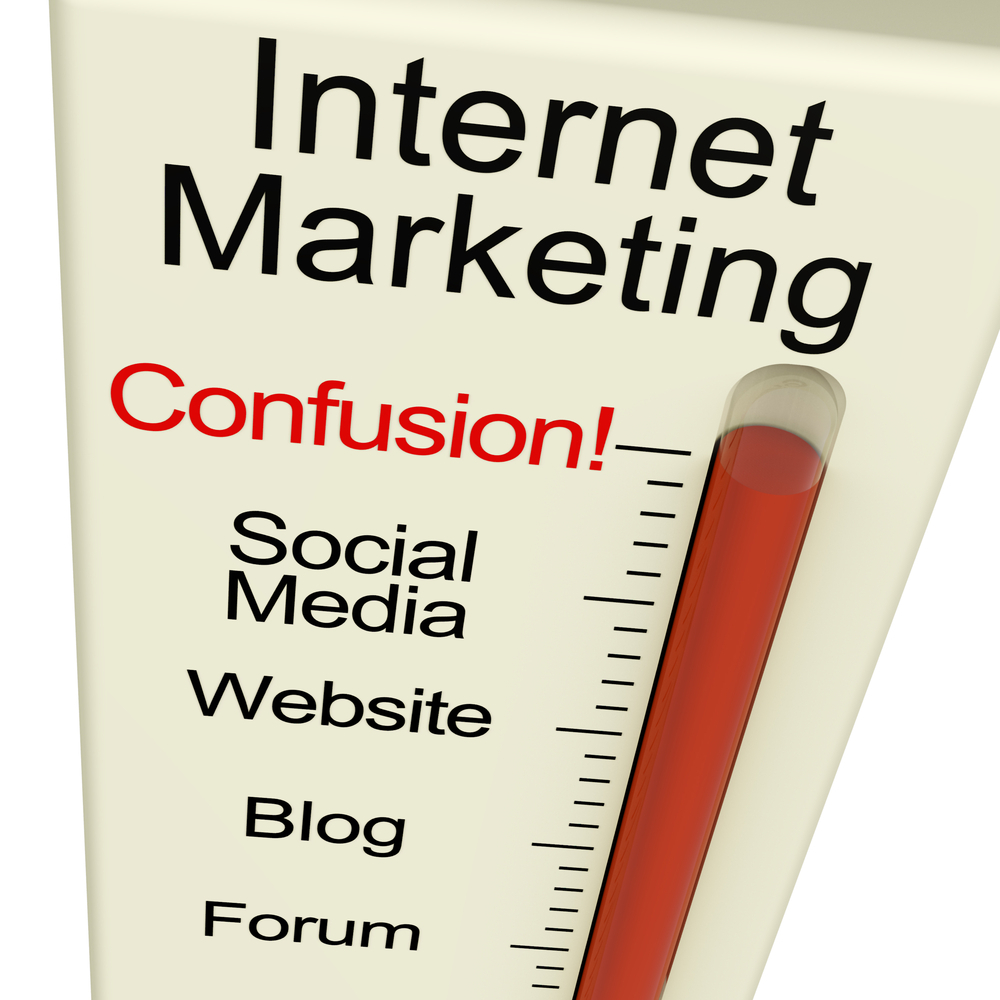Small businesses investigating advertising online can be forgiven if they find themselves lost in a fog of buzz words, acronyms and, one might venture, almost deliberately confusing terminology.
What they’re less likely to get is a straight answer from an online ad company about how much a campaign costs and exactly what they’re going to get for that price.
They don’t need any of the fuss that goes along with it, but unfortunately ‘fuss’ has become something of a speciality for the online ad industry, and that needs to change.
Even though online ad technology is evolving incredibly quickly the industry shouldn’t be forcing business owners and managers to catch up. Technology is supposed to make life easier.
One of the reasons that Apple’s products have been so successful is that their products make the mass of everyday tasks easier for the user. Online advertising should be no different, but ad networks’ services are now based on so many variables that time-poor small businesses often want to give up before they even start an ad campaign.
Ad Dynamo’s research shows that three out of five small and medium-sized enterprises (SMEs) are concerned that they don’t have the expertise or resources – both in terms of time and money – for online advertising.
Understanding the terminology
It’s asking too much of small businesses to work out whether they should go for a CPC, CPA, CPM, behavioural or contextual campaign – or how to measure return on investment from the mountain of variables the online ad industry offers. Even understanding the meanings of these terms takes time a small business just can’t afford, never mind the constant budget management and attention such campaigns require.
Online advertising has become so clever in its targeting and so various in its options that without in-house expertise it has effectively been shutting out many small businesses. As large advertisers depart trade magazines and local papers, more print titles are disappearing, meaning that businesses that want to do print advertising may not be offered a channel that accurately hits their market.
Online advertising should fill the gap left by the decline of print, and provide small businesses with an easy transition into the digital environment many of these former print titles have migrated to. Instead online ads have become so overwhelmingly complex that they’ve forcibly rooted many SMEs’ marketing activities in traditional forms. Small businesses often now resort to expensive telemarketing or direct marketing via the increasingly costly postal service or simply relying on their listing in the local phone directories.
Steps to online marketing success
For a small business to start running an effective online ad campaign they need to at least follow these basic steps:
- Define a marketing strategy that works for their business: will people seeing the online advert be enough, or do they need customers to click through to the website as well?
- Define a brand identity to run through all the ads
- Design and make a banner that’s not just clickable, but compellingly clickable
- Figure out where their online banner adverts will best reach their target audience
- Work out their budget commitment – how much will it really cost them for success? How long will it really take them to see a good enough return?
- Define a daily budget and login every day to manage that budget
- Incorporate social media marketing, to really hit people who are truly relevant to their business.
However, even these basic steps require skills that are often beyond the capabilities of the typical small business manager, and will certainly take a significant time commitment to learn.
Britain’s small businesses don’t need online advertising’s complex terms, vagueness or time commitments. What they need is to know how much a campaign will cost and what results are guaranteed at that price.
Keeping advertising simple
The online ad industry needs to keep it simple for small businesses. A business manager generally already knows whether they need to prioritise brand awareness or visits to the website. The major decision they have to make should be how big they want their campaign to be. That’s it. Online ad companies should take care of everything else.
Small businesses should be free to concentrate on the strategy for growing the business and selling their products and services, not getting bogged down by the mechanics. That’s what an online ad company should be doing – removing all the variables that hinder small businesses advertising online, and bundling design and campaign delivery expertise as part and parcel of the service.
Simple set price packages with guaranteed results empower small business owners to make the most out of online ads quickly and easily so that they can get back to their day job. After all, they have a business to run.





